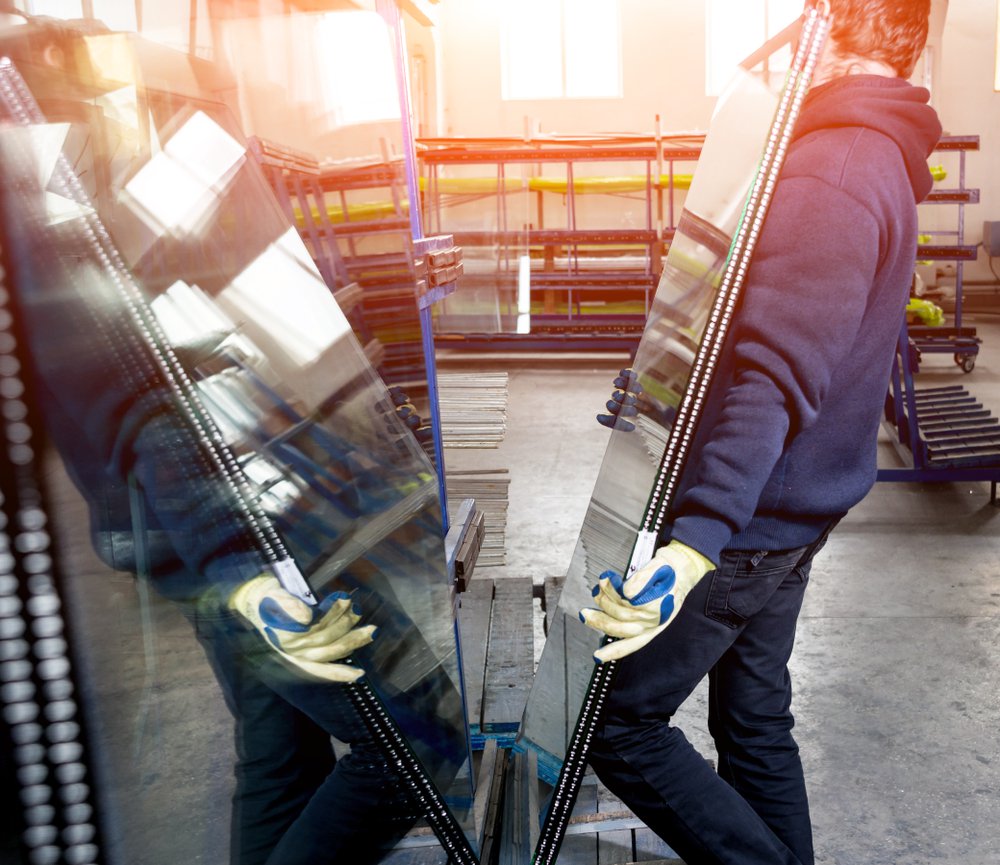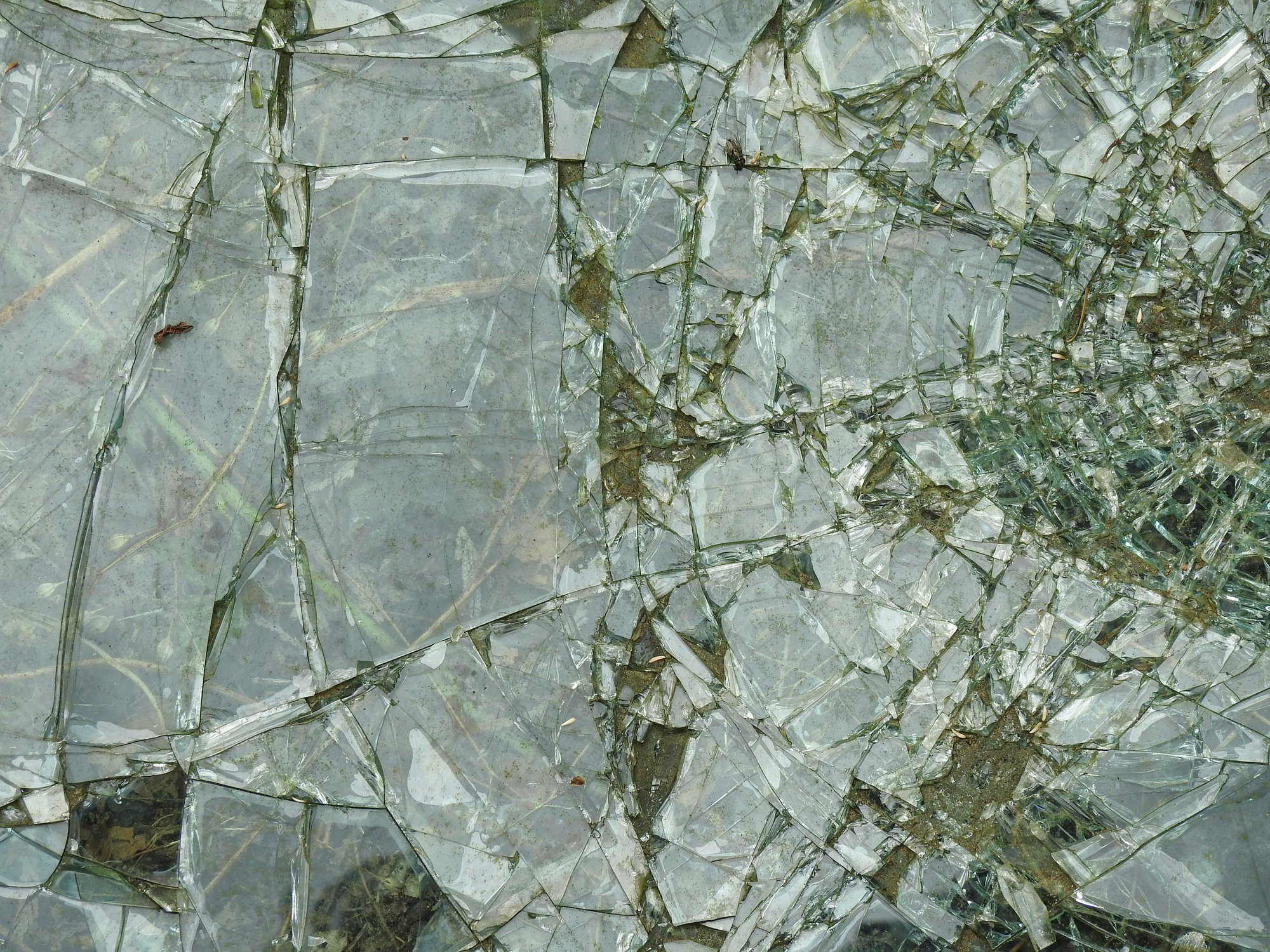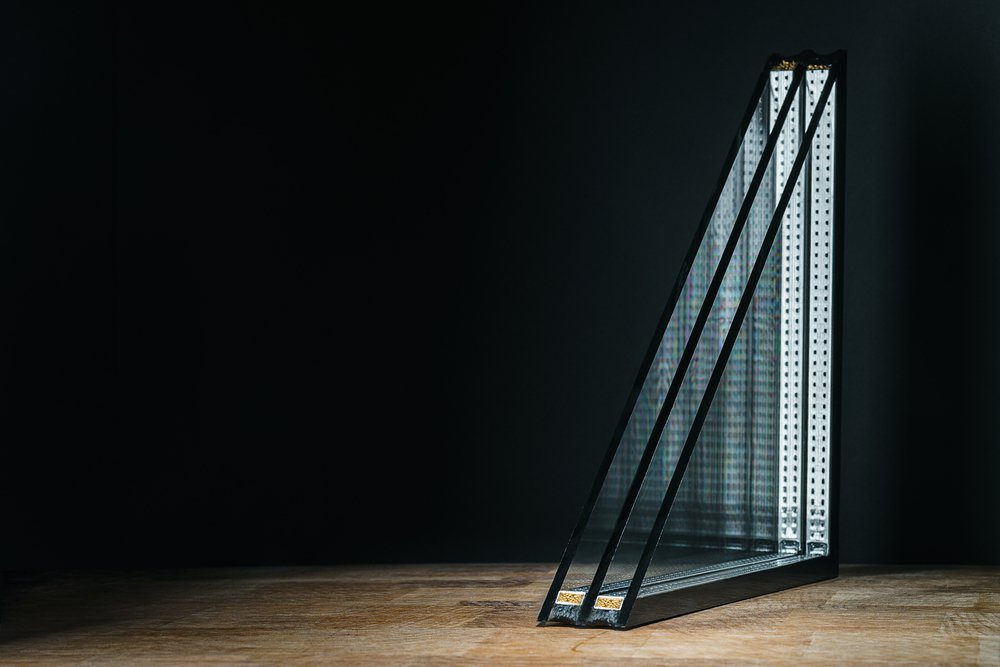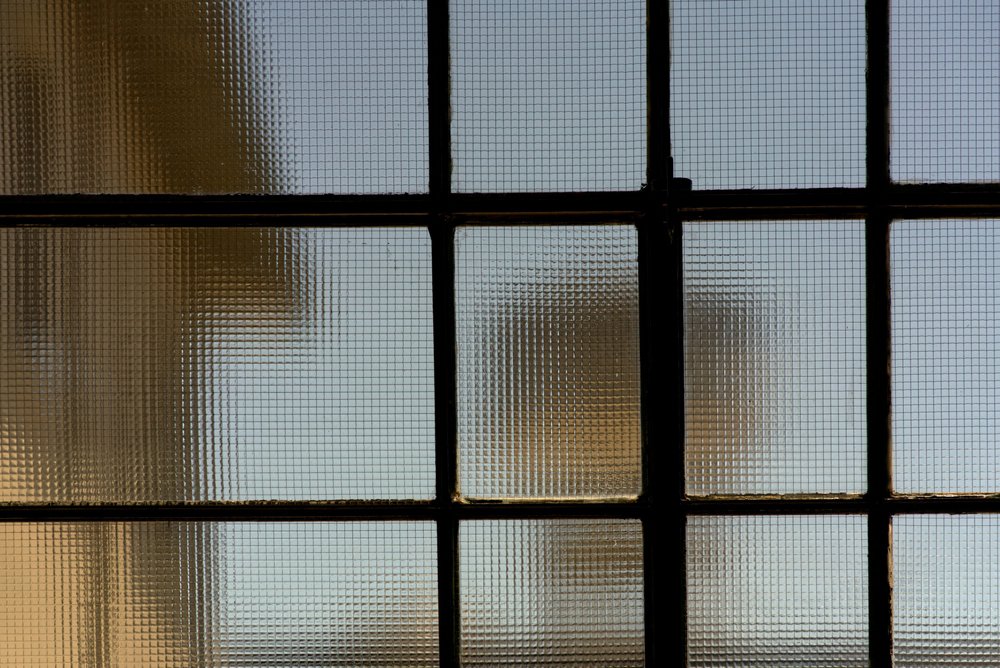Every detail in insulated glass units (IGUs) matters—none more quietly critical than the spacer bar. From controlling condensation to improving energy efficiency, the right spacer can significantly impact performance and longevity. Among the available options, steel spacer bars stand out for their thermal performance and durability. This article compares steel spacer bars to other commonly used materials, including aluminum, composite, and warm-edge spacers, to determine which delivers the best performance in real-world applications.
Why Spacer Bars Matter in IGUs
Spacer bars are used to separate the panes of glass in an IGU, maintaining the air or gas-filled space that provides insulation. But their role doesn’t stop there. They directly influence the window’s U-value, condensation resistance, and long-term structural stability. Choosing the wrong spacer can lead to heat loss, thermal bridging, and seal failure—issues that directly impact energy costs and customer satisfaction.
Thermal Conductivity: Where Steel Spacer Bars Outperform Aluminum
One of the key performance indicators for any spacer bar material is its thermal conductivity. Aluminum has traditionally been a common choice due to its ease of manufacture and low cost. However, it is also one of the most thermally conductive materials, which makes it less effective at preventing heat transfer.
Steel spacer bars, by contrast, offer significantly lower thermal conductivity. Stainless steel in particular maintains structural strength while reducing heat transfer between the interior and exterior glass panes. This leads to improved U-values and contributes to better energy efficiency in both residential and commercial applications.
Comparing Steel Spacer Bars to Composite and Warm-Edge Options
Composite and warm-edge spacers are often marketed as cutting-edge solutions for thermal efficiency. They are typically made from materials such as thermoplastics, foam, or combinations of non-metallic elements. While they can offer low thermal conductivity, they often lack the rigidity and durability needed for long-lasting IGU performance.

Steel spacer bars strike a practical balance. They deliver excellent thermal performance without compromising structural strength. Unlike foam or plastic alternatives, steel spacers maintain their shape under stress and temperature fluctuations, helping to preserve the integrity of the seal and minimize the risk of gas leakage over time.
Durability and Long-Term Performance of Steel Spacer Bars
Durability is another area where steel spacer bars excel. Over time, spacer bars are exposed to temperature cycling, moisture, and UV radiation—conditions that can degrade less robust materials. Foam or composite spacers may deteriorate or lose adhesion, especially under high-stress conditions.
Steel, on the other hand, offers outstanding resistance to these elements. Its high tensile strength and corrosion-resistant properties make it ideal for maintaining structural performance over decades. This durability plays a crucial role in extending the life of IGUs and reducing warranty claims or service callbacks.
Condensation Resistance and Interior Comfort
Condensation on window panes isn’t just a nuisance—it’s a sign of poor thermal performance. Excessive condensation can lead to microbial contamination, damage to window frames, and reduced clarity. The spacer bar material directly influences the likelihood of interior condensation forming on the glass edges.
Steel spacer bars help maintain a consistent temperature across the glass surface, reducing cold spots that typically attract condensation. Compared to aluminum, they offer a superior buffer, and while foam-based spacers also perform well, they can’t match steel’s combination of low conductivity and high resilience.
Environmental Efficiency and Material Sustainability
Another factor worth considering is sustainability. While aluminum is highly recyclable, its energy-intensive manufacturing process contributes to a larger environmental footprint. Composite materials may contain plastics or adhesives that are harder to recycle and less eco-friendly.

Steel spacer bars offer a more balanced approach. They’re recyclable, energy-efficient, and offer extended product lifespans—contributing to a more sustainable building envelope solution. For those looking to meet energy codes and green building standards, incorporating steel spacers is an effective strategy.
Why Insul-Lite Manufacturing™ Uses Steel Spacer Bars
At Insul-Lite Manufacturing™, we’ve seen firsthand the performance benefits that steel spacer bars bring to our custom insulating glass units. We do not use aluminum spacer bars in our products because we understand the importance of minimizing thermal bridging and maximizing the lifespan of the unit. Steel spacers provide the thermal control, durability, and consistency our partners rely on—whether in residential window systems or high-spec commercial builds.
All of our sealed units are manufactured in-house, using an advanced, quality-driven process that ensures tight seals, precise construction, and lasting performance. Our commitment to steel spacers is one of many ways we provide value through innovation and craftsmanship.
Choose Spacer Materials That Maximize Value Over Time
In evaluating spacer bar options, steel spacer bars consistently emerge as the most balanced solution. They outperform aluminum in thermal efficiency, offer greater durability than composite or foam alternatives, and resist condensation while enhancing energy performance. These qualities make steel the ideal choice for IGUs in demanding applications where long-term value and performance are non-negotiable.
Insul-Lite Manufacturing™ specializes in producing sealed glass units that meet the highest standards of quality and efficiency. Our use of steel spacer bars reflects our commitment to giving customers products that perform under real-world conditions, not just in theory.
Looking to upgrade your glass unit performance with the right spacer solution? Contact us today to learn how our manufacturing process can support your next build.





